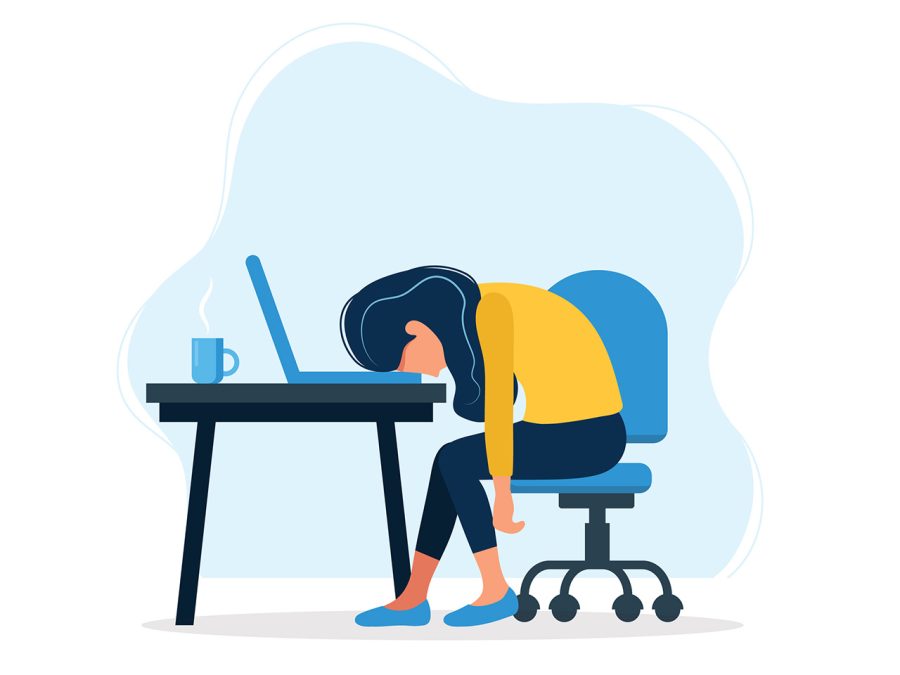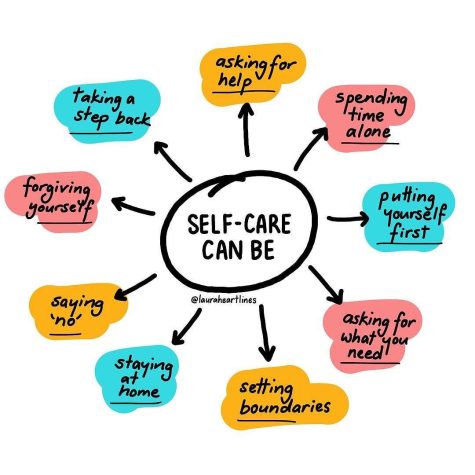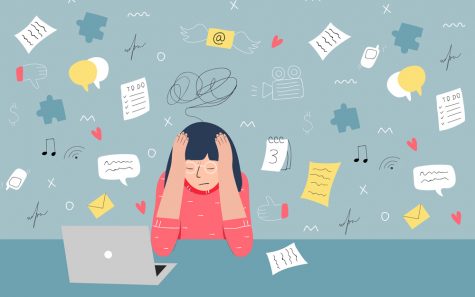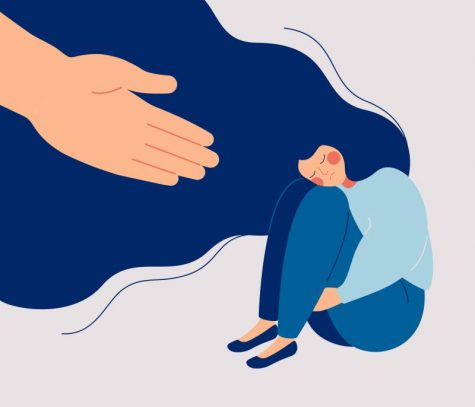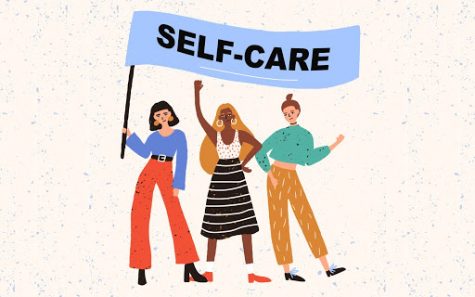Overstimulation After Lockdown
Photo courtesy iStock/biscotto87
After a year of being in lockdown due to the pandemic, many of us began to adapt to our new “normal,” when all of the sudden, we were thrusted back into lives of abundant social interaction and productivity. With everything being mainly in-person, our day-to-day experiences were drastically rearranged. People have to face environments they are not used to anymore, encountering new stimuli that are inevitable and stressful. As students at Prep, the educational and extracurricular workload has taken more time and effort to get used to this year, and the presence of so many people in one place is overwhelming and even results in us feeling disconnected.
Because the return back to in-person life was so sudden, all of these new changes are often causing overstimulation, sensory overload, and burnout. What exactly does this mean?
Overstimulation, Sensory Overload, and Burnout
When your nervous system is being overwhelmed or overworked, this is called overstimulation. According to Psychology Today, overstimulation causes “strong feelings, disparate thoughts, physical, mental, and emotional tension, and inner restlessness,” and is simply exhausting. Sensory overload is essentially when the brain gets overstimulated because it is trying to process too many sensory inputs. Sensory triggers like bright lights and loud noises along with disrupted routines and altered lifestyles can make you lose focus and feel irritable. Burnout is when stress surpasses the rate at which our minds can recover. You could be in any of these states, as your surroundings now are entirely different from the ones you were used to during lockdown.
How the pandemic changed us
The pandemic affected all of us emotionally and mentally. One of the consequences was that it gave us less patience. During the past year, numerous saddening and unfortunate events such as the deaths of the pandemic provoked empathy worldwide. Feeling too much empathy, however, has negative effects. Eve Ekman, PhD, a social scientist at the University of California, Berkeley finds that “if we are feeling too many calls to our empathy, one of our defense mechanisms is to shut down and not care” and possibly become apathetic and disconnected. When we do this, we become irritable and impatient.
Another way we were affected was through our sensory processing. Sensory processing is how the brain responds to stimuli in the environment. We now process stimuli more deeply since we had a lack thereof during the pandemic, making it very easy to become overstimulated and experience sensory overload. When our routines change, we have a difficult time maintaining stability. Varleisha D. Gibbs, PhD, OTD, OTR/L from the American Occupational Therapy Association explains that “we expect certain experiences, routines, and rituals to occur. When they do not, discomfort could arise.” This explains why we feel uneasy or numb during and after a day out.
How it affects us now
Our sensory processing is now more hyperaware, which means we can easily be overstimulated and drained. Having to constantly process numerous stimuli such as communicating with teachers and friends or participating in extracurricular activities with not much of any kind of break can eventually lead to burnout.
The abrupt change in our environment and lifestyle makes overstimulation or sensory overload more likely to occur often, and we have come out of lockdown more irritable, resulting in the smallest events affecting us in significant ways. This only exacerbates the negative emotions we experience when overstimulated including the feelings of being disconnected and meaningless. Things that motivated you before do not feel personal anymore, and you tend to have reduced productivity.
What you can do
The first and best way to manage overstimulation is to take notice of how you feel and why you feel this way, otherwise known as identifying your triggers. Normalizing feeling emotions and still being mindful of them will be helpful. The next thing is to take a step back and make a plan. First, try to limit exposure to unnecessary stimuli so you do not get overstimulated. Second, you should consider how much time you are giving yourself to take a break and rest alone, as sensory overload can not only be caused by overwhelming your sensory processing but also by fatigue and sleep deprivation. Finally, it is important to also set boundaries and know your limits so you can slowly ease back into a busy life. Perhaps setting time limits for when you are out with friends or studying can help.
Sources:
https://www.architecturaldigest.com/story/advice-for-when-feeling-overstimulated
https://www.psychologytoday.com/us/blog/the-highly-sensitive-man/201910/how-deal-overstimulation
https://elemental.medium.com/yes-you-might-be-becoming-a-bit-of-a-jerk-2bb1bc9e225
https://health.mountsinai.org/blog/how-to-cope-with-post-pandemic-anxiety/

Grade: 12
Years on Staff: 4
Why are you writing for the Flintridge Press?
I enjoy writing and sharing important stories with the Prep community....

